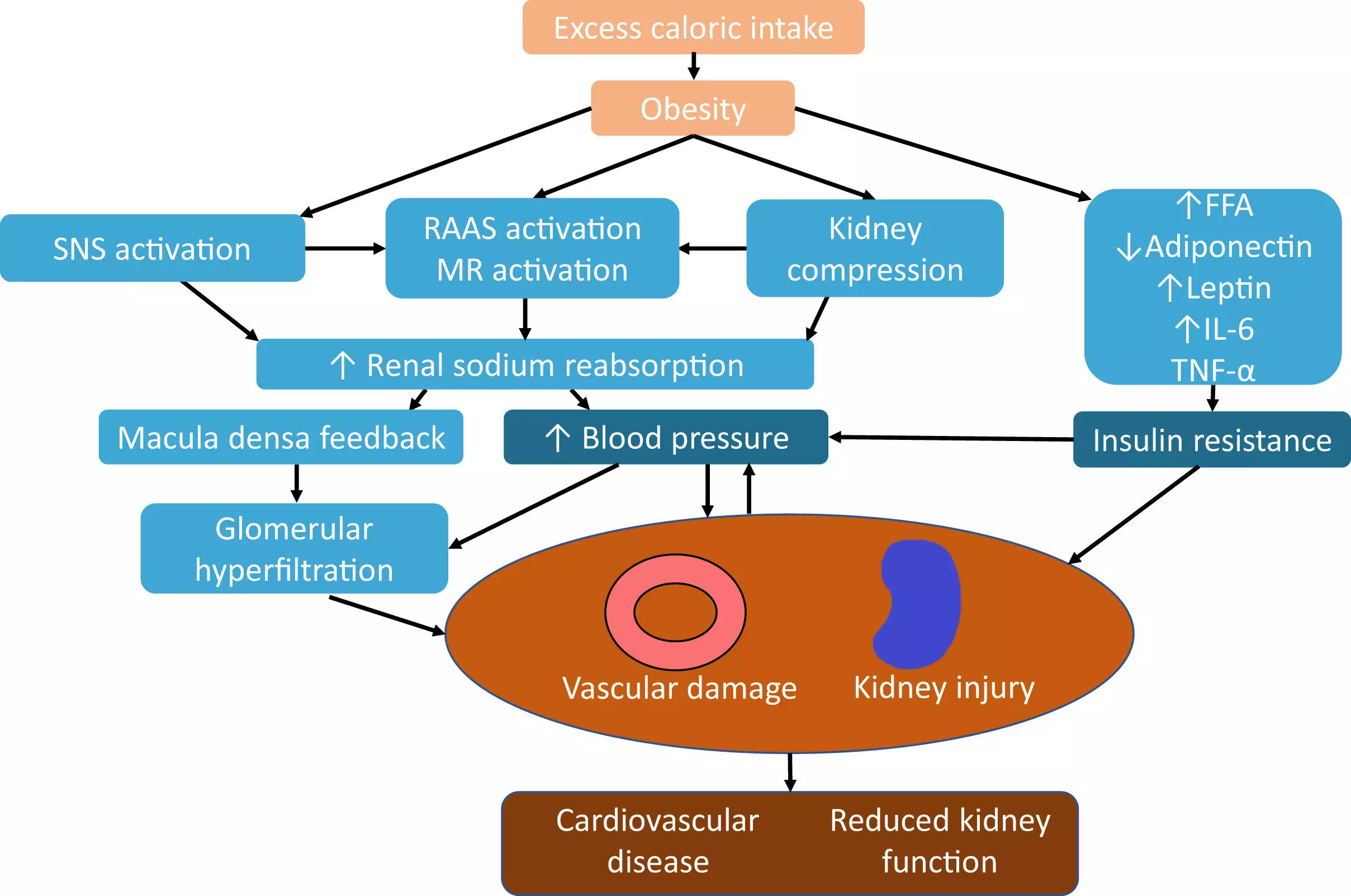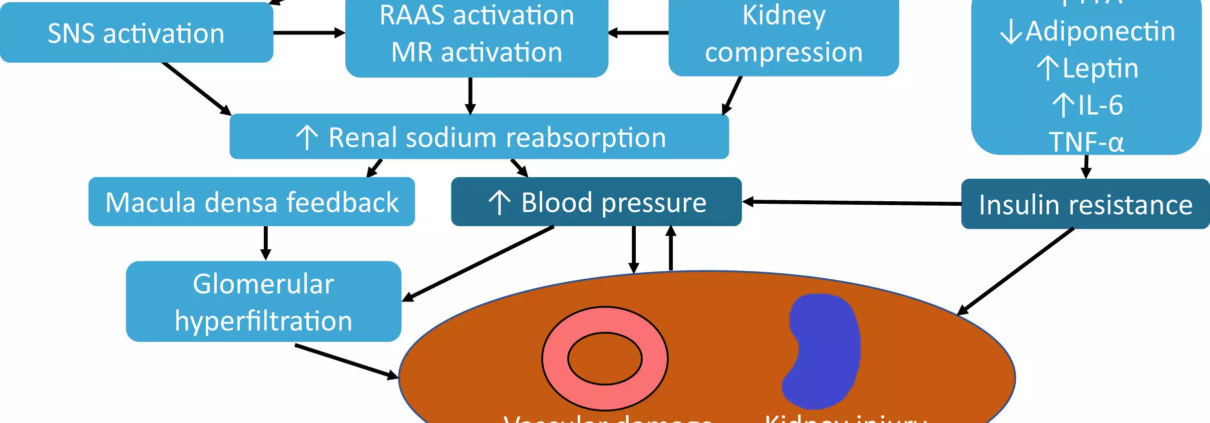Riboflavin intake potential beneficial role in CKD patients, indicates study

Riboflavin intake potentially benefits CKD patients, indicates a study published in Medicine.
Current studies have not clarified the relationship between riboflavin intake and all-cause mortality in patients with chronic kidney disease (CKD). This study aims to investigate whether there is an association between riboflavin intake and the risk of all-cause mortality in patients with CKD. This was a retrospective cohort study with data extracted from the National Health and Nutrition Examination Survey (NHANES). The study used Cox regression analysis to calculate hazard ratio (HR) and 95% confidence interval (CI) to assess the association between riboflavin intake and risk of all-cause mortality. Subgroup analyses were performed regarding gender, CKD stage, hypertension, hyperlipidemia and cardiovascular disease (CVD). A total of 3750 patients were ultimately included in the analyses. After excluding potential confounders, lower riboflavin intake was associated with a higher risk of all-cause mortality (Q1: HR = 1.33, 95% CI: 1.05–1.69). A similar association was also found in patients at mild/moderate stage (HR = 1.32, 95% CI: 1.05–1.66), in females (HR = 1.35, 95% CI: 1.01–1.81), with hypertension (HR = 1.37, 95% CI: 1.07–1.75), CVD (HR = 1.48, 95% CI: 1.08–2.03), and dyslipidemia (HR = 1.29, 95% CI: 1.01–1.66). This study found an association between low riboflavin intake and a high risk of all-cause mortality, indicating a potential beneficial role of riboflavin in CKD patients.
Reference:
Ren, Xiaoxu MDa,b; Wang, Ronga; Liu, Fen MDb; Wang, Quanzhen MDb; Chen, Hairong MDb; Hou, Yunfeng MDb; Yu, Lifeng MDb; Liu, Xiangchun MDc; Jiang, Zhimingb,*. Association between riboflavin intake and the risk of all-cause mortality of patients with chronic kidney disease: A retrospective cohort study. Medicine 103(39):p e39417, September 27, 2024. | DOI: 10.1097/MD.0000000000039417
Keywords:
Riboflavin, intake, potential, beneficial, role, CKD, patients, indicates, study, medicine, Ren, Xiaoxu MDa,b; Wang, Ronga; Liu, Fen MDb; Wang, Quanzhen MDb; Chen, Hairong MDb; Hou, Yunfeng MDb; Yu, Lifeng MDb; Liu, Xiangchun MDc; Jiang, Zhimingb



